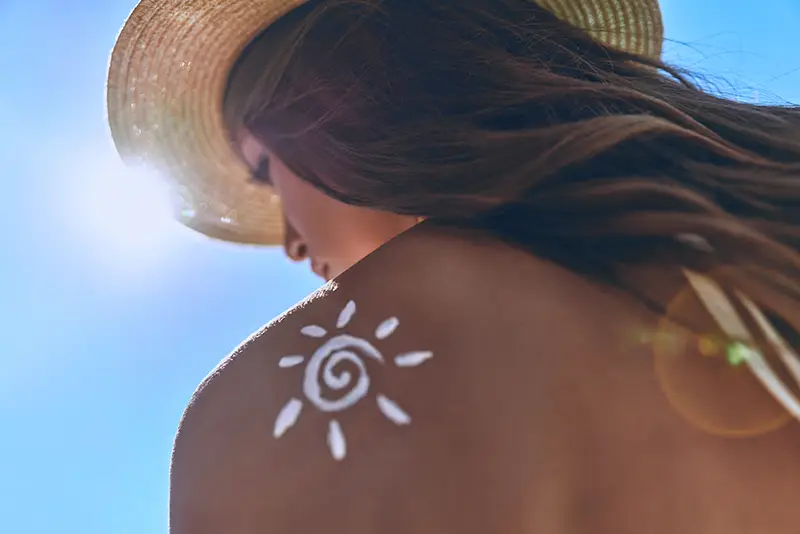The Power of Acceptance. all the things that happen in life, how much do we think we, as individuals, control? Many of us, at some point, may have held false beliefs that we get to control all that happens in our lives. If this were true, the world would be some sort of strange fantasy place where the current pandemic would never have existed, I would have more hair on my head, be able to eat anything I want without consequence, and all the people I love would be around for at least as long as I am alive. If only, right?
Well then, does control exist? I think it does, on a personal level. We practice some control in setting goals, planning, working with our perceptions or thoughts surrounding events, how we respond to our emotions, and controlling our behaviors towards others. Some of us have opportunities to make choices with the types of food we eat and the clothes we wear and who we surround ourselves with, but then again, some of us may not.
So, what do we do with not being able to choose or control everything that happens around or to us? We may try to fight it, deny it, worry about it (creating a life full of anxiety) or choose to believe that we can control it (which can also be a form of denial).
A very powerful tool to use in a life where we have little control, is acceptance. This is not to say that acceptance is the catch all answer to life, but it can sure help in reducing suffering that can often be caused by our own thinking. You see, all of us get to experience pain in life, all of us. Some of us may experience more than others, but we all get some; it is part of the human condition and experience and the reality of little control of the world around us.
Pain turns into suffering when we engage in a pattern of unhealthy thinking over the things that we simply can’t control and may sound like: “Why me?”, “Things should be this way!”, “If only…”and other forms of distorted thinking. These forms of thinking and suffering can be the result of a reluctance to accept our emotional reactions to difficult or painful events. The truth is, we can’t live in the eternities of yesterday and tomorrow. We can prepare for tomorrow, remember yesterday and live in today.
Acceptance can help allow us to live in the present and is a process, an action. Let me be clear that to embrace acceptance does not mean you have to agree with or like the things happening around or to you, but rather to recognize that just because something does not go our way does not always make it a definitive catastrophe.
How can we practice acceptance? Well here are a few steps to start.
1. If you find yourself complaining, notice the amount of energy it takes to engage in complaining and where this often leads, likely nowhere. Complaining can feed a negative attitude and mood. Instead, try using that energy to move in a direction of change by focusing on the things you can control to be more productive.
2. If something difficult happens to us, such as a difficult loss, we will likely be limited in how many options we have in responding to these events. The way I see it, we can choose to accept it the way it is or resist it. We can’t change the things that have happened to us and resistance can put us in a pit of misery. If we can learn to accept, we may find ourselves empowered and experiencing less suffering.
3. Research has shown that one of the top actions we can take to help increase our levels of happiness is gratitude. If our focus is on the things that we don’t have vs. that which we do, we can slip into a dark void. Practicing gratitude for the smallest of things and recognizing the wonderful things in life can help you be present and lift your spirits.
Aristotle once stated “We are what we repeatedly do. Excellence, then, is not an act, but a habit”. So, give yourself some leeway when first learning and practicing these steps and others you may come across and recognize that things take time and practice, but are possible.
Daniel Park is an LCSW, native to Idaho and has worked in mental health for over 10 years. He got his bachelor’s and Master’s degree at Boise State University.









